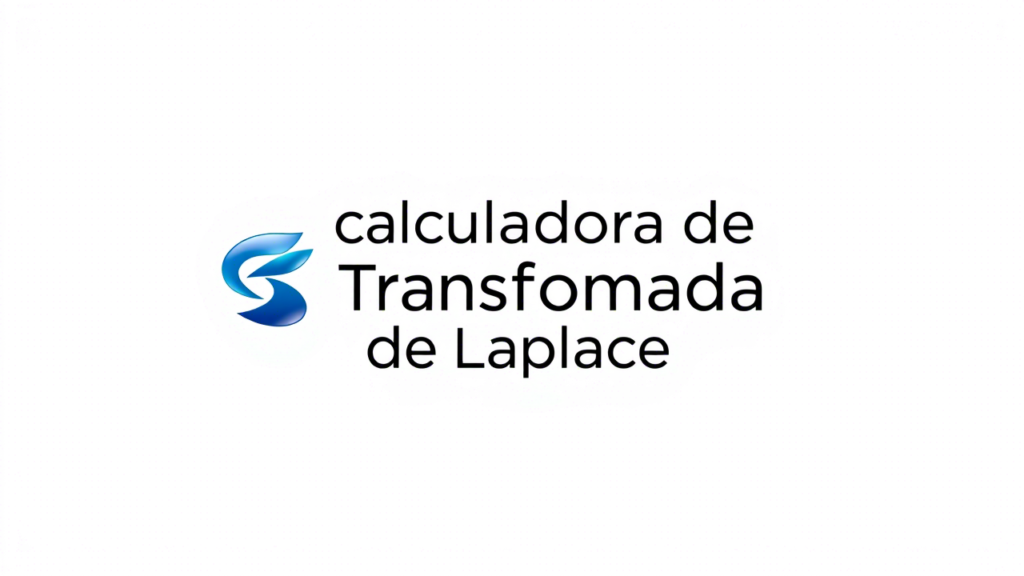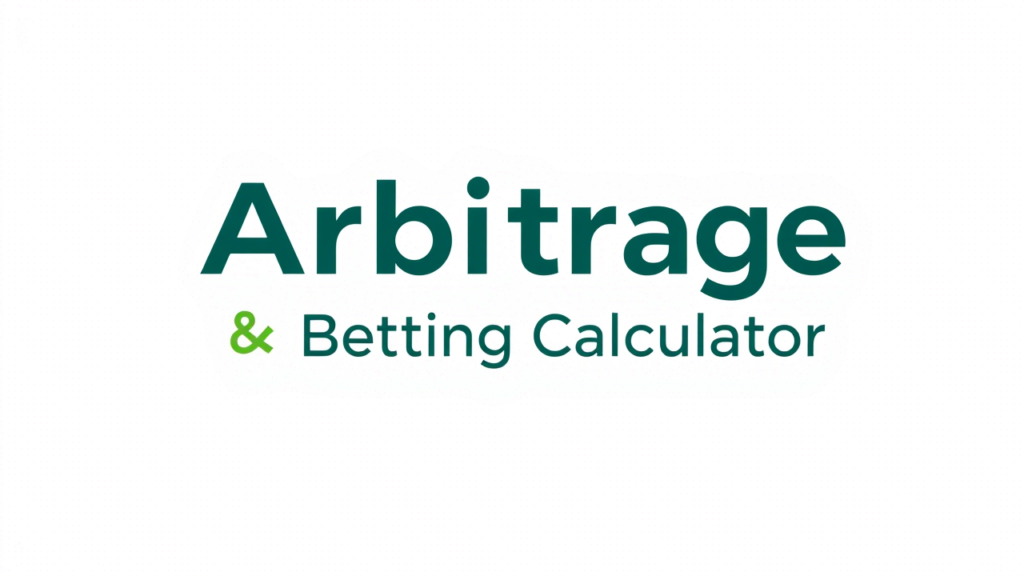CGPA Calculator
Introduction
A strong Cumulative Grade Point Average (CGPA) opens doors to scholarships, internships, and career opportunities. Whether you’re aiming for a 3.5 or a perfect 4.0, this guide provides science-backed strategies to systematically improve your academic performance.
- Understand How CGPA Works
- What is CGPA? A numerical representation (0–10 or 0–4 scale) of your overall academic performance.
- Why It Matters: 72% of employers consider GPA during hiring (NACE survey).
- Track Progress: Use a CGPA calculator to simulate scenarios and set realistic goals.
-
Conduct a Self-Assessment
Identify weak spots using:
- Grade Analysis: Which subjects lowered your CGPA?
- Feedback: Consult professors about exam/assignment patterns.
- Time Audit: Track weekly study hours vs. leisure (apps like Toggl help).
-
6 Actionable Strategies to Boost CGPA
-
Master Time Management
- Follow the Pomodoro Technique (25-min focused study + 5-min breaks).
- Prioritize tasks with the Eisenhower Matrix.
- Use digital planners (Google Calendar/Notion) for assignment deadlines.
-
Adopt Active Learning
- SQ3R Method: Survey, Question, Read, Recite, Review.
- Spaced Repetition: Revise topics at increasing intervals.
- Teach Others: Explaining concepts to peers improves retention by 50%.
-
Optimize Exam Prep
- Practice with past papers (75% of exam patterns repeat).
- Create mind maps for complex topics.
- Join study groups to fill knowledge gaps.
-
Engage with Professors
- Attend office hours to clarify doubts.
- Request rubrics for assignments to align with grading criteria.
-
Focus on Health
- Sleep 7–8 hours: Poor sleep reduces memory recall by 40%.
- Exercise 30 mins/day: Boosts focus and cognitive function.
- Eat brain foods: Walnuts, blueberries, and dark chocolate.
-
Leverage University Resources
- Library workshops (citation tools, research databases).
- Tutoring centers for tough subjects.
- Mental health counseling for stress management.
-
Advanced CGPA Hacks
- Target “Easy A” Electives: Balance tough courses with GPA-friendly options.
- Extra Credit Opportunities: 68% of professors offer them upon request.
- Retake Low-Scoring Courses: Many universities replace old grades.
-
Avoid These 3 Common Mistakes
- Cramming: Last-minute study reduces long-term retention.
- Ignoring Syllabus: 90% of exam content derives from syllabus topics.
- Overloading Semesters: Limit credits if juggling part-time jobs.
- Track Progress with Technology
- CGPA Calculator: Input grades/credits to forecast outcomes.
- Grade Tracking Apps: MyStudyLife, iStudiez Pro.
- AI Tools: Grammarly for error-free assignments, ChatGPT for concept summaries.
FAQ
Q: Can I recover from a low CGPA?
A: Yes! A strong upward trend in later semesters impresses employers.
Q: Do electives affect CGPA?
A: All graded courses count – choose wisely!
Q: How often should I check my CGPA?
A: Use a CGPA calculator monthly to stay on track.
Conclusion
Improving your CGPA requires consistency, smart strategies, and self-awareness. Pair these tips with tools like a CGPA calculator to make data-driven decisions. Remember, small daily improvements lead to significant long-term gains.
Ready to Calculate? Try Our Free CGPA Calculator

